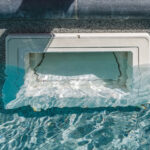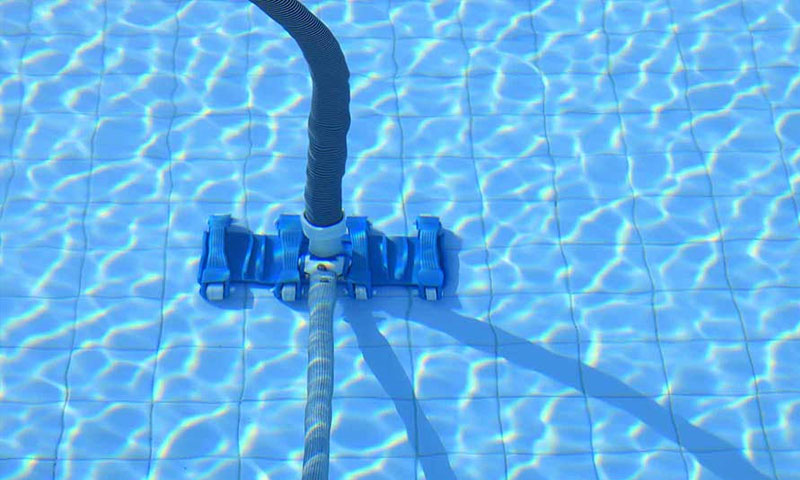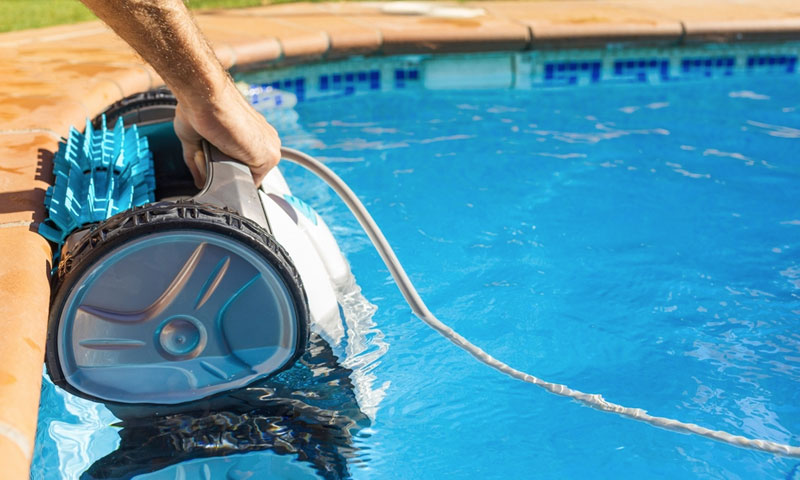
The Importance of Regular Pool Maintenance
October 31, 2023BF POOL SERVICES
Testing your pool water regularly is essential for keeping it safe and clear. Pool water can be contaminated by a variety of things, including bacteria, algae, and dirt. If these contaminants are not controlled, they can lead to a number of problems, including:
- Skin and eye irritation: Bacteria and algae can irritate swimmers' skin and eyes.
- Illness: Some bacteria can cause illness, such as swimmer's ear and diarrhea.
- Damage to the pool: Dirt and algae can clog the filter and damage the pool liner.
By testing your pool water regularly, you can identify and address any problems before they cause problems.
What to test.
The following are the most important pool water parameters to test:
- pH level: The pH level is a measure of the acidity or alkalinity of the water. The ideal pH level for pool water is between 7.2 and 7.6.
- Chlorine level: Chlorine is a sanitizer that kills bacteria and algae. The ideal chlorine level for pool water is between 2 and 3 ppm.
- Alkalinity: Alkalinity is a measure of the water's ability to buffer pH changes. The ideal alkalinity level for pool water is between 80 and 120 ppm.
- Cyanuric acid (CYA): CYA is a sunscreen that protects chlorine from degradation by sunlight. The ideal CYA level for pool water is between 30 and 50 ppm.
How to test your pool water.
There are two main ways to test your pool water:
- Test strips: Test strips are a quick and easy way to test your pool water. However, they are not as accurate as liquid test kits.
- Liquid test kits: Liquid test kits are more accurate than test strips, but they also take longer to use.
How often to test your pool water.
You should test your pool water at least once a week, or more often if you use the pool frequently. You should also test the water after a heavy rain or after adding chemicals to the pool.
How to adjust your pool water chemistry.
Once you have tested your pool water, you can adjust the chemical levels as needed. You can purchase pool chemicals at most pool supply stores.
Here are some tips for adjusting your pool water chemistry:
- Follow the directions on the product label.
- Add chemicals slowly and gradually.
- Test the water again after adding chemicals to make sure that the levels are correct.
Additional tips for maintaining clear pool water.
- Clean the skimmer basket and pump strainer regularly.
- Vacuum the pool bottom and brush the sides and steps regularly.
- Backwash the filter regularly.
- Shock the pool regularly.
- Cover the pool when it is not in use.





